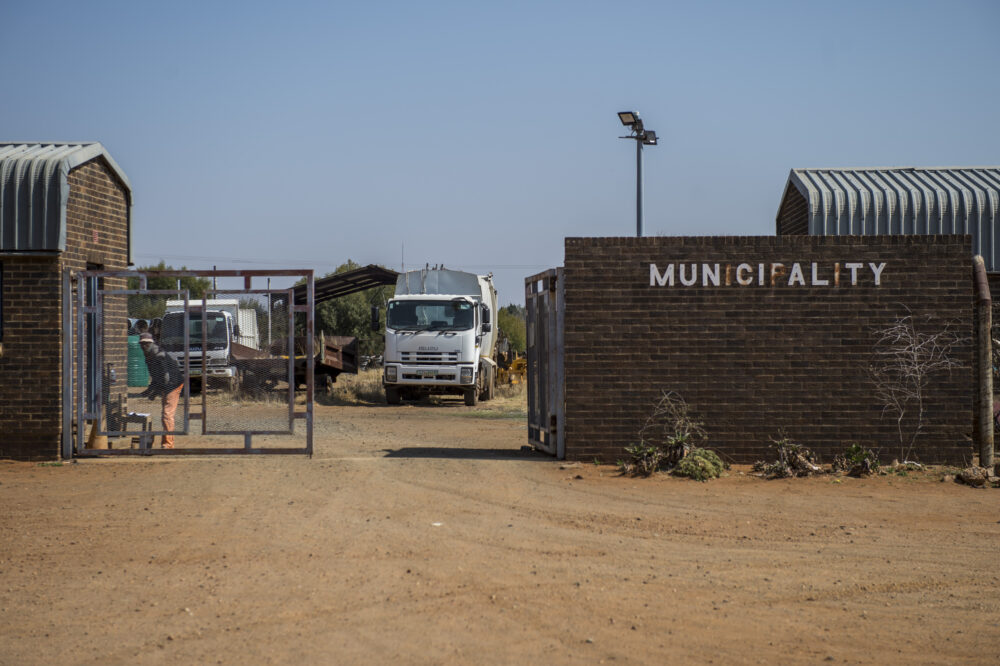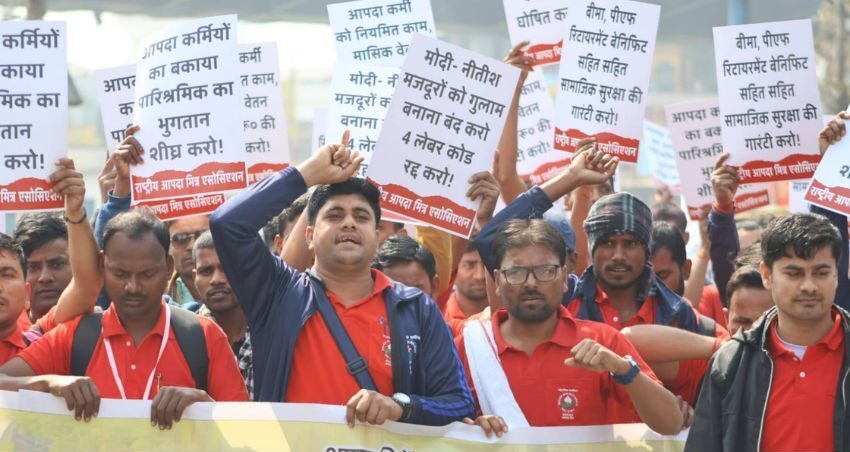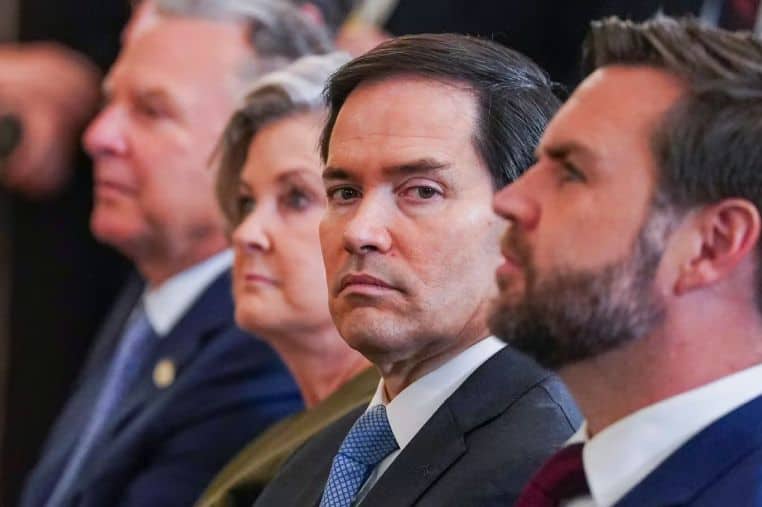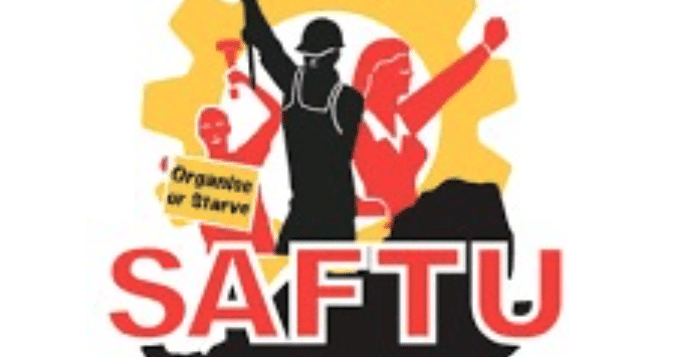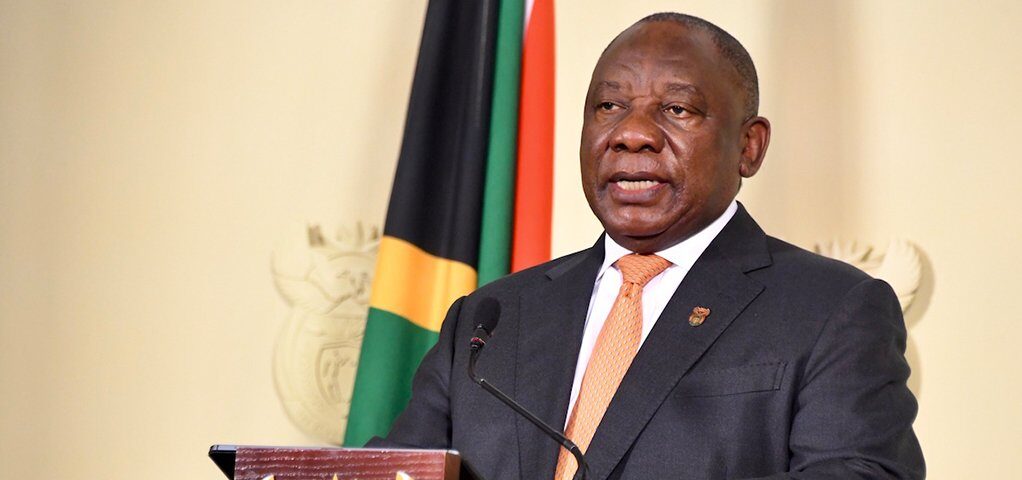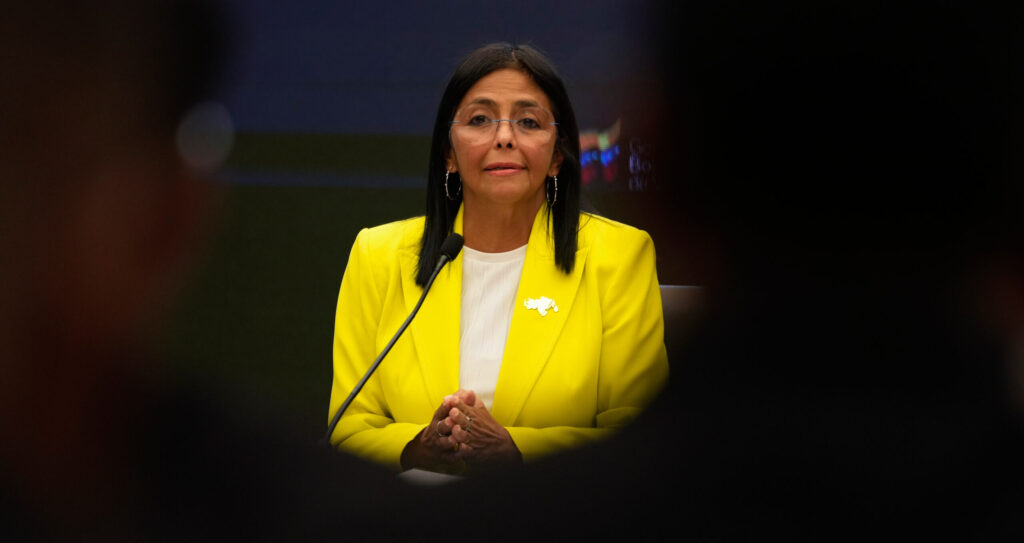The ANC still hasn’t got the memo about municipalities’ failure.
Two years ago, my good friend Tony Martel and I co-authored an article headlined Follow the Money, published in Africa is a Country. That piece was written in response to an attack by the Nelson Mandela Bay Business Chamber after we exposed the reality of “water racism” in an article published by the Daily Maverick. We argued that the problem in Nelson Mandela Bay — and indeed across South Africa — was not simply about mismanagement or corruption, but about the structural design of municipal finance itself.
Today, as the crisis of local government deepens, I am expanding on these arguments. They challenge Ramaphosa’s shallow diagnosis of the municipal crisis.
The real debate we should be having is about the funding model of municipalities, the austerity policies imposed by the government and the commodification of basic services.
Here is the simple truth: municipalities receive only about 10% of the national budget. On top of this, they have to raise their own revenue by selling services — water, electricity, sanitation — to residents.
In a society like South Africa, where the majority are working-class and unemployed, this setup is a recipe for disaster.
Wealthier suburban residents, who can afford to pay for municipal services, are prioritised.
In contrast, the working-class poor are neglected, criminalised and even humiliated. To qualify for so-called “indigent grants” or ATTPs, poor households must prove their poverty again and again. This is not service delivery, it is degradation.
The root cause of our municipal crisis lies in a funding model that reduces people to customers and municipalities to corporations, rather than treating residents as citizens with rights.
This crisis is worsened by the austerity policies employed by the national government. Instead of strengthening local government, austerity starves municipalities of the funds they desperately need. Municipalities are forced into budget cuts, service privatisation and cost-recovery models that punish residents.
Much of the debate about municipal collapse is misdirected. Political instability is highlighted and yes, factional battles do exist. But the deeper, more enduring problem is administrative capacity.
Accounting officers and municipal officials are trapped by the rigid dictates of the Municipal Finance Management Act (MFMA). This is the law that forces municipalities to think and act like corporations, obsessing over balance sheets instead of serving the people.
In effect, the MFMA has created a straitjacket, leaving municipalities incapable of delivering on their constitutional mandate.
Another debate we must open concerns corporate extractivism. In our cities, large corporations consume millions of megalitres of water and vast amounts of electricity to turn profits.
Residents, meanwhile, use these services for basic needs — cooking, cleaning, bathing.
The question is obvious: why should households be made to pay for basic survival, while big business uses public resources to maximise private profits?
Our municipalities must be restructured to make those who exploit services for profit pay the most.
At the same time, the working-class and unemployed majority must be guaranteed universally free basic services. Anything else simply entrenches inequality and deepens the crisis.
The ANC, Democratic Alliance and many commentators continue to miss the point. They talk about corruption, about political instability. These are, of course, real issues. But they are not the root cause.
The municipal crisis in our country is structural.
The real and holistic answer lies in rejecting austerity, restructuring municipal finance and delivering universally free basic services. This is not a utopian demand — it is the only way to ensure that municipalities fulfil their constitutional obligation to provide water, sanitation, electricity and housing as basic rights, not commodities.
Someone needs to tell the government the truth. We have been campaigning and writing about this for years. We have been rejected, dismissed and ignored. But the crisis only deepens.
Until we confront the municipal finance model head-on our municipalities will remain in permanent crisis.
The debate we need is not about personalities, corruption scandals and factional battles. The debate we need is about justice, dignity and the transformation of local government itself. That is the memo Ramaphosa’s government refuses to read.

